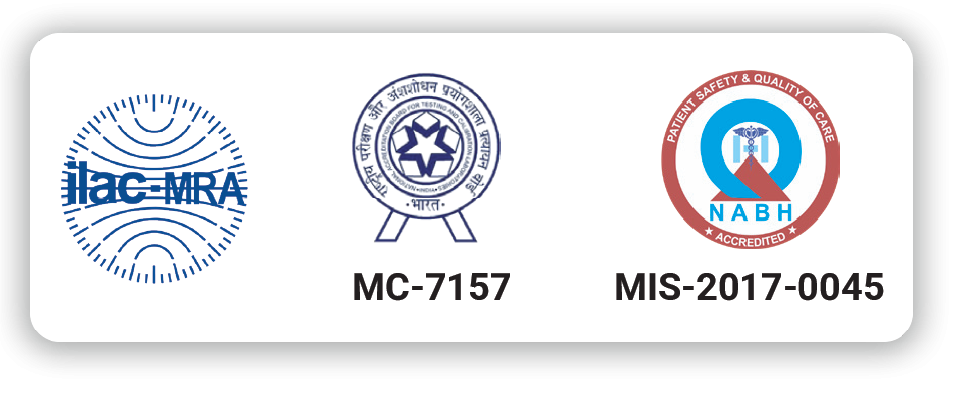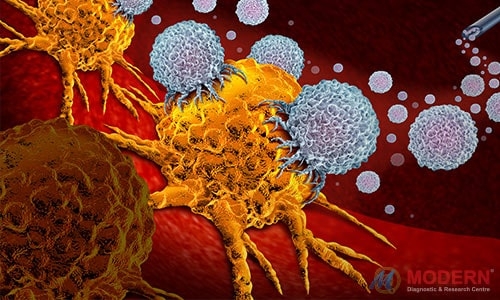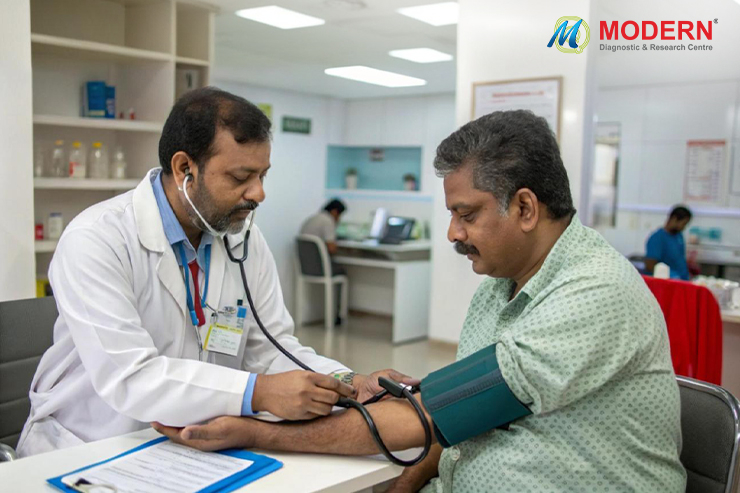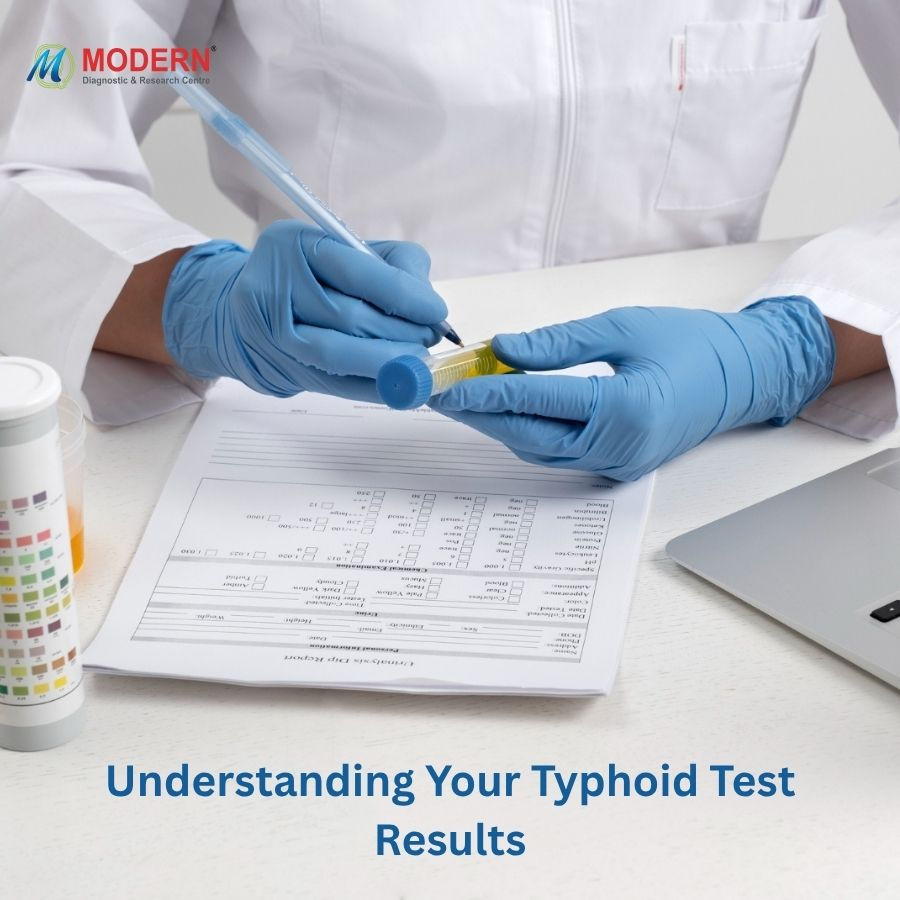To detect the changes in DNA which may grow a specific tumor, genomic testing has been designed. Your doctors can easily choose the right treatments after knowing the genomic mutations in your cancer through oncogenomics in Gurgaon. Generally, the disease and treatment are defined by cancer cells' location, such as lung cancer and breast cancer. Cancer treatment focuses on a specific line of attack.
It is recently found that cancer may not work the same way in all patients. Some cancers are even similar to the ones which were once known to be different. For example, breast cancer may act or appear as lung cancer. Physicians can recommend a protocol or drug by looking at the genomic test and the tumor’s profile.
Advanced genomic testing may not be recommended in every case as it is still evolving. It may not get a reliable result, even when it is ordered. But the analysis can be helpful to find out more precise treatments.
A doctor may recommend the genomic test when a particular treatment plan doesn’t work for cancer, whether it was radiation therapy, surgery, or chemotherapy. These tests may also be recommended for patients with unusual conditions or rare cancers. It provides further clarifications when looking for more targeted therapy. Your healthcare provider will consider your situation and decide whether oncogenomics is the best choice for you.
What is the procedure?
If your specialist orders genomic testing, here are the steps to start the process-
- An oncologist will take a biopsy of your tumor.
- They will isolate and extract the cancer cells from the biopsy and sequence their DNA in the laboratory.
- The genetic profile of cancer cells will be scanned with highly advanced equipment to look for abnormalities that show the tumors' functioning.
- The lab will analyze the abnormalities to determine whether the mutations are matched, which may have reacted to the therapies or where a potential treatment option is not considered previously.
- Your oncologist may use the test results to suggest the right treatment options if they find a match to target the mutations.
Why is Oncogenomics different from other options to treat cancer?
Oncogenomics is an advanced cancer treatment option. Instead of focusing on the origin, it focuses on genetic mutations as a disease. Cancer treatments are generally recommended based on what has been provided to people diagnosed with the same cancer type. It works for the cancers of some people, but it doesn’t work for all patients. It is based on providing customized treatment for cancer in each patient. It is also known as personalized oncogenomics (POG). Cancer is very complex, and it is different in each patient. Hence, it helps in identifying the right drug and targets a challenging process.
How is Oncogenomics helpful for cancer patients?
Epigenetic changes and DNA mutations are responsible for causing a genetic disease like cancer. It causes uncontrolled neoplasm formation and cell proliferation. Oncogenomics tracks new genes that can suppress the tumor. It also predicts the probability of treatment success and provides new targets and insights for cancer therapies.
Patients with different types of cancers get a genomic platform where they get detailed genomic analysis. Healthcare providers study cancers in an advanced way. They also share information with researchers worldwide to keep track of the growth of cancer and its treatment.
How long does an Oncogenomics analysis take?
From biopsy to genome analysis, it may take several months to complete the process. Considering the care and complexity, the actual time may vary. Highly skilled and experienced analysts do a lot of analysis and research for each patient.
The Outlook of Genomic Tests
In 2003, the Human Genome Project was started to help researchers in tracking oncogenes. It is also said to be the origin of genomic testing. Oncogenomics can be studied by applying methylation profiling and sequencing technologies. In this project, the whole genetic code was mapped and found around 20,000 to 30,000 genes in every human cell.
It brought a significant change in diagnosing cancer and various other diseases like inherited colon cancer and Alzheimer’s disease with those discoveries. Those advancements have moved a step further over the years in genomic tests. They have become more targeted on a tumor’s DNA profile, and it is possible to match genetic abnormalities with drug therapies.
Epigenetic changes and DNA mutations can gather randomly and develop cancer. To improve the treatment's efficacy, it is essential to target and identify mutations in each patient. This change in approach and procedure has made cancer treatment more accurate. Recommending one medicine to all patients may lead to harmful and unexpected results in some cases. On the other side, advanced oncogenomics can focus on a specific patient at a time.
Book an online appointment for Oncogenomics at MDRC India, one of the best molecular diagnostics centers in Gurgaon.

















